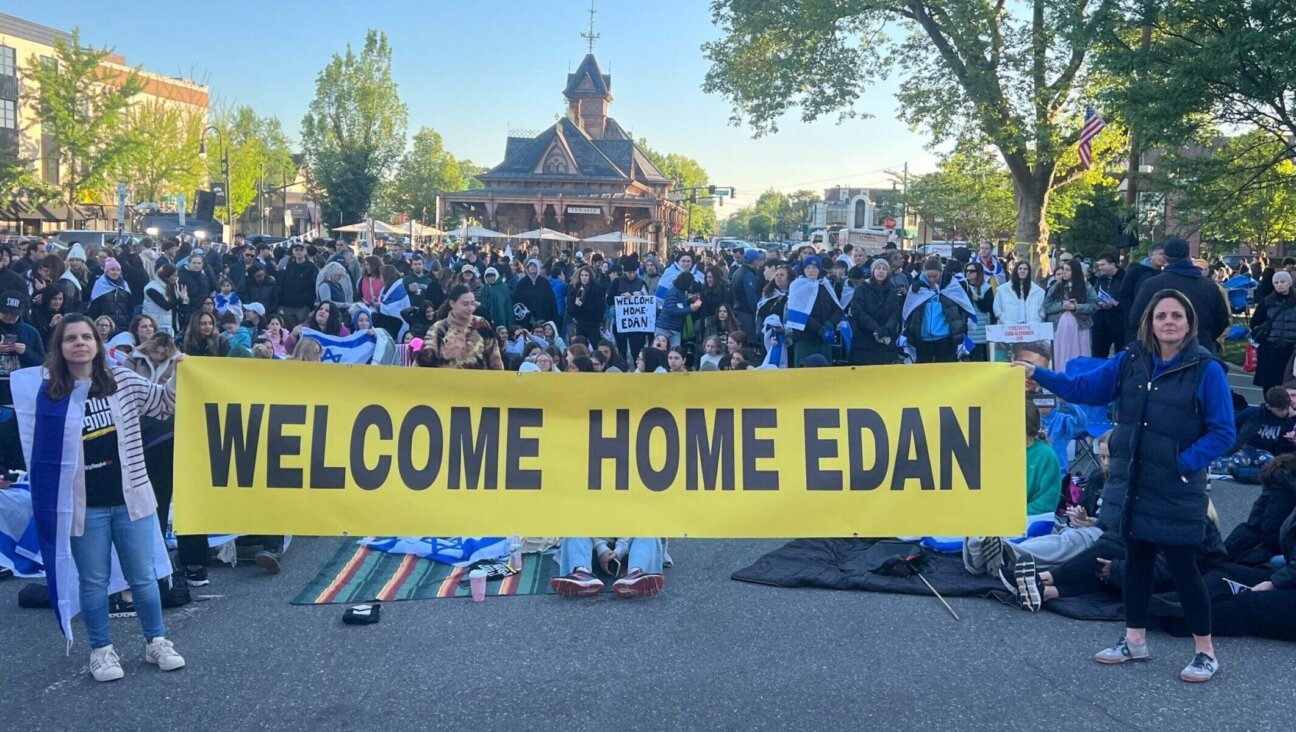Netanyahu To Meet Putin Amid Worries Over Iran Foothold In Syria

Image by Getty Images
Prime Minister Benjamin Netanyahu said he would meet Russian President Vladimir Putin in Moscow on Thursday to voice opposition to what the Israeli leader charged were Iran’s attempts to establish a permanent military foothold in Syria.
“In the framework of a (future peace agreement) or without one, Iran is attempting to base itself permanently in Syria – either through a military presence on the ground or a naval presence – and also through a gradual attempt to open a front against us on the Golan Heights,” Netanyahu told his cabinet in public remarks on Sunday.
“I will express to President Putin Israel’s vigorous opposition to this possibility,” he said.
Iran, Israel’s arch-enemy, has been Syrian President Bashar al-Assad’s staunchest backer and has provided militia fighters to help him.
Russia, also Assad’s ally, is seen as holding the balance of power in achieving a deal on Syria’s future. In Geneva on Friday, the first U.N.-led Syria peace talks in a year ended without a breakthrough.
Israeli leaders have pointed to Tehran’s steadily increasing influence in the region during the six-year-old Syrian conflict, whether via its own Revolutionary Guard forces or Shi’ite Muslim proxies, especially Hezbollah.
Majority-Shi’ite Iran says its forces are in Syria to defend holy Shi’ite shrines. However, the chief of staff of Iran’s armed forces said in November the Islamic republic may seek to set up naval bases in Yemen or Syria in the future.
Last year, Avi Dichter, the chair of Israel’s foreign affairs and defense committee, said Iran had tried several times in the past to move forces into the Syrian Golan Heights, next to territory that Israel captured in the 1967 Middle East war.
Dichter said those moves were repelled, but gave no details.
Netanyahu has said that Israel has carried out dozens of strikes to prevent weapons smuggling to the Iranian-backed Lebanese group Hezbollah via Syria. Two years ago, Israel and Russia agreed to coordinate military actions over Syria in order to avoid accidentally trading fire.
“I hope that we’ll be able to reach certain understandings to lessen the possible friction between our forces and their forces, as we’ve successfully done so far,” he said at the cabinet meeting, referring to the Russian military.
The Forward is free to read, but it isn’t free to produce

I hope you appreciated this article. Before you go, I’d like to ask you to please support the Forward.
Now more than ever, American Jews need independent news they can trust, with reporting driven by truth, not ideology. We serve you, not any ideological agenda.
At a time when other newsrooms are closing or cutting back, the Forward has removed its paywall and invested additional resources to report on the ground from Israel and around the U.S. on the impact of the war, rising antisemitism and polarized discourse.
This is a great time to support independent Jewish journalism you rely on. Make a gift today!
— Rachel Fishman Feddersen, Publisher and CEO
Support our mission to tell the Jewish story fully and fairly.
Most Popular
- 1

Fast Forward Ye debuts ‘Heil Hitler’ music video that includes a sample of a Hitler speech
- 2

Opinion It looks like Israel totally underestimated Trump
- 3

Culture Is Pope Leo Jewish? Ask his distant cousins — like me
- 4

Fast Forward Student suspended for ‘F— the Jews’ video defends himself on antisemitic podcast
In Case You Missed It
-

News In Edan Alexander’s hometown in New Jersey, months of fear and anguish give way to joy and relief
-

Fast Forward What’s next for suspended student who posted ‘F— the Jews’ video? An alt-right media tour
-

Opinion Despite Netanyahu, Edan Alexander is finally free
-

Opinion A judge just released another pro-Palestinian activist. Here’s why that’s good for the Jews
-
Shop the Forward Store
100% of profits support our journalism
Republish This Story
Please read before republishing
We’re happy to make this story available to republish for free, unless it originated with JTA, Haaretz or another publication (as indicated on the article) and as long as you follow our guidelines.
You must comply with the following:
- Credit the Forward
- Retain our pixel
- Preserve our canonical link in Google search
- Add a noindex tag in Google search
See our full guidelines for more information, and this guide for detail about canonical URLs.
To republish, copy the HTML by clicking on the yellow button to the right; it includes our tracking pixel, all paragraph styles and hyperlinks, the author byline and credit to the Forward. It does not include images; to avoid copyright violations, you must add them manually, following our guidelines. Please email us at [email protected], subject line “republish,” with any questions or to let us know what stories you’re picking up.














